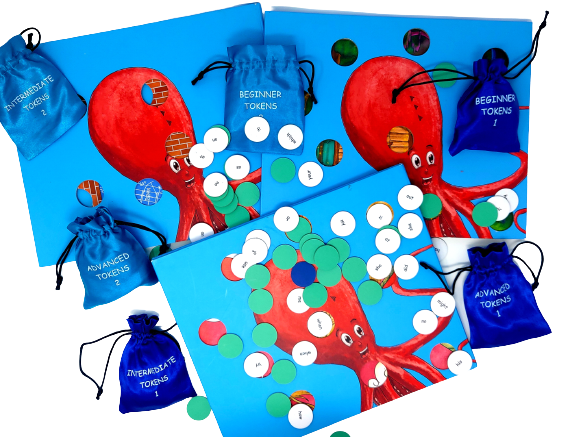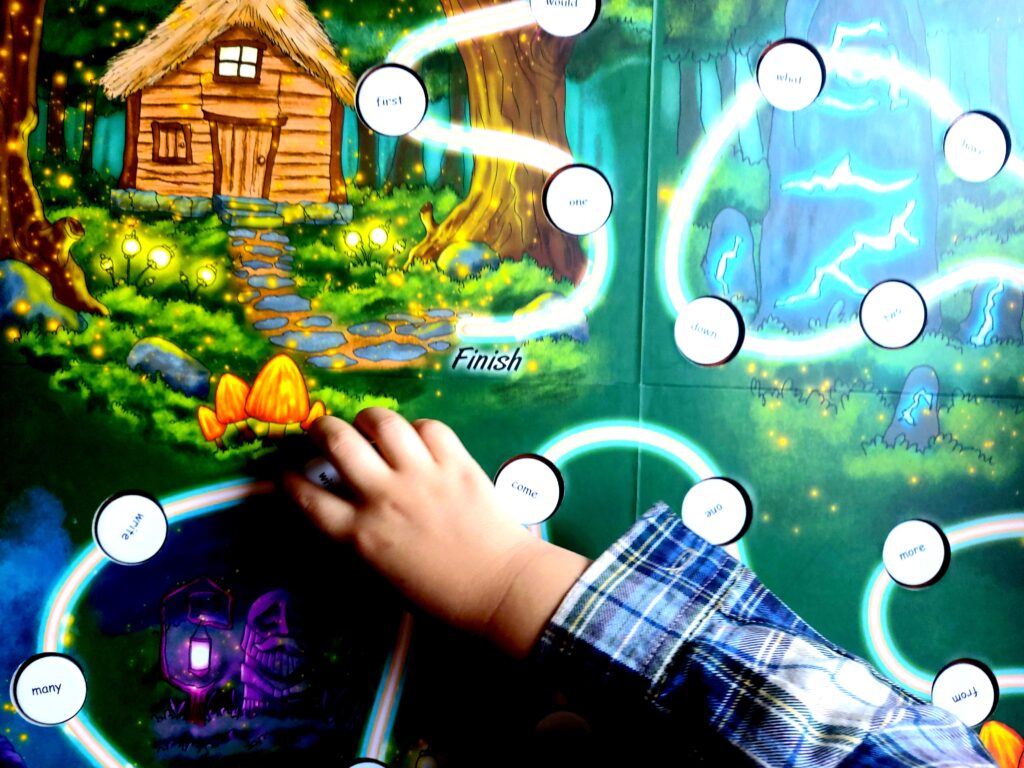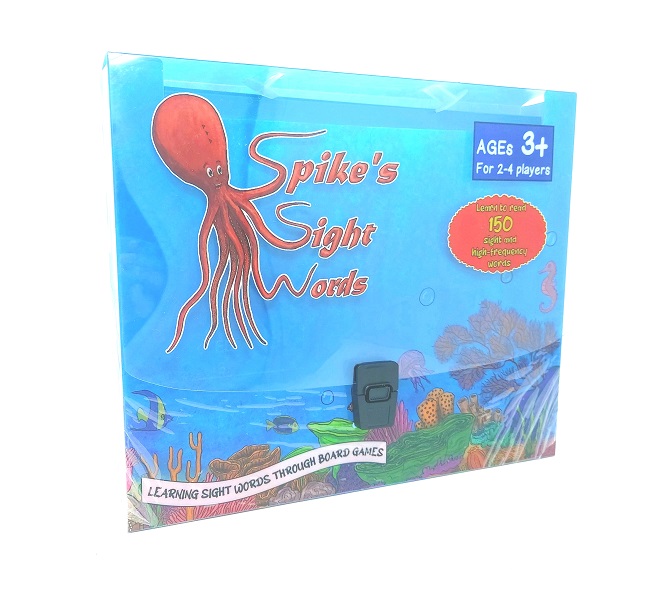
The importance of promoting literacy in the home environment is emphasized by Leichter (1984) who wrote that “it may be that children can learn to become literate on their own without formal instruction, but when experiences with literacy take place in family environments, the emotional reactions of the parents can affect the child’s progress significantly”
Adults who have struggled from their earliest years to access support with their literacy may have fallen behind their peers during their school years too. Challenges with all aspects of literacy can affect your confidence and self-esteem as well as making it difficult to get the jobs you want and navigate every day life. Imagine how difficult it must be to use the internet, fill out vital forms or make sense of instructions if, as an adult, you find reading and writing challenging? If you have children, it’s hard to support them in their learning too and so the cycle continues.
But you can break the cycle.

According to a survey, 81% of parents see one of the benefits of reading is to enjoy quality time together, while 68% cited bonding as one of the key motivations to read with their child. However, 75% of parents shared that they wish they had more time to read with their child.
For those with children aged one and under, over 36% felt their child was too young to read to. Additionally 33% of parents wished they had more confidence to read with their child. Both reading out loud or doing character voices were cited as reasons for them doubting their confidence.
An overwhelming 93% of parents feel it is important to read with their child.
So what can be done?
Shared Learning
Parents participating and actively being involved in the early years setting can have a significant impact on improving children’s learning and addressing their needs,
Parents can develop the skills to help their children with early learning and language, such as singing songs and nursery rhymes, chatting about what they are doing and even sharing books by talking about the pictures, listening to audio books or even better – playing our educational board games together!
Parents can learn alongside their child and be inspired by their child’s learning, which can be very empowering in encouraging them to seek help with their own literacy.
Find a tutor that specialises in adult illiteracy
These days, people are increasingly aware of the challenges that come with adult illiteracy. That means there is an increasing number of programs dedicated to fighting it. Talk to a program in your area about getting help for yourself.
Make learning fun
I don’t think there is one adult in the entire world who knows the word, meaning and spelling of every single word in the English language! So why not take a word at a time. It can be a short or long word – easy to read and spell or indeed complex. Just never stop learning – so pick a word you want to learn to read or spell and learn it together.



